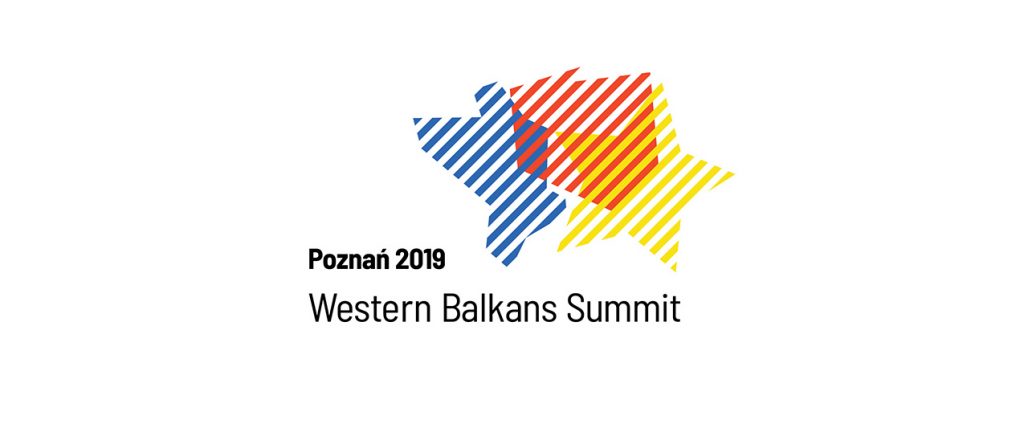
08.07.2019.
Western Balkans Summit Poznań. Chair’s conclusions
Berlin ProcessOn 5 July 2019, Poland welcomed the Heads of Government of the Berlin Process participants, as well as representatives of the European Institutions, International Financial Institutions, OECD, the Regional Cooperation Council (RCC), and the Regional Youth Cooperation Office.
The Poznan Summit builds on the previous Berlin, Vienna, Paris, Trieste and London Summits in the framework of the Berlin Process, as well as the EU-Western Balkans Summit in Sofia of 2018. The Leaders agreed that the Berlin Process demonstrates their commitment to achieve a stable, secure and prosperous Western Balkans region. The Western Balkans are part of Europe: sharing the common values, the same history, the same geography, the same cultural heritage and a future defined by common opportunities and challenges. The Leaders unanimously reaffirmed their unequivocal support for the European perspective of the Western Balkans. In this context, the Polish government reiterates its conviction that the future of the entire region is in the European Union.
The Leaders of the Western Balkans, reconfirmed their commitment to strengthening the rule of law, fundamental rights and good governance in the region. They agreed on the importance of regional cooperation, good neighbourly relations and reconciliation, which are essential for the region to progress on its European path. They also committed to overcoming current difficulties in the region in order to achieve substantial progress in areas such as regional economic integration and connectivity for the benefit of the citizens and economic operators.
RECONCILIATION AND OUTSTANDING BILATERAL ISSUES
The Leaders noted that following the political declarations made at the London summit and the expectations of a change that these created, there has been some progress, albeit low level and incremental. The discussions in Poznan demonstrated the need to work seriously on implementing these commitments and to find acceptable, binding and durable solutions for all sides involved, given the negative impact on the region and its citizens of not doing so. Bilateral issues continue to act as a drag on the progress of the region and are an impediment to developing better co-operation in all fields. The legacy of the past creates particularly an acute sense of unfairness to victims still looking for justice and deep divisions between neighbours and communities. Action is needed at all levels across the region to reduce these impediments and to develop a process of confidence building and reconciliation to fully unleash its potential. In this context, the promotion of culture and inter-cultural dialogue are key drivers for mutual understanding and for socio-economic development, thus directly nurturing peaceful relations in the Western Balkans. Participants underlined their commitment to reconciliation, including through the RECOM initiative.
The whole document can be read here.














